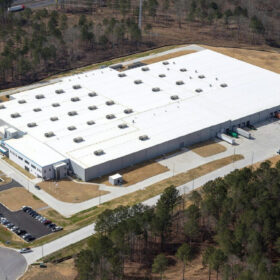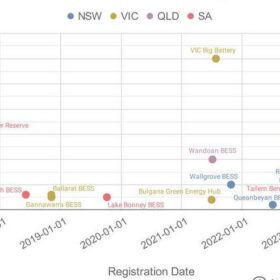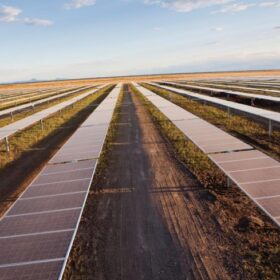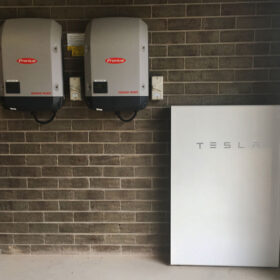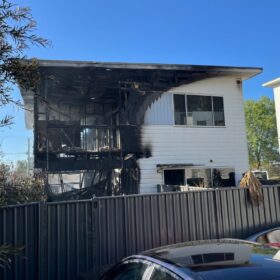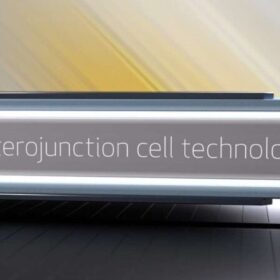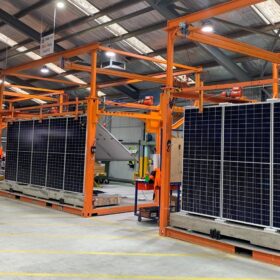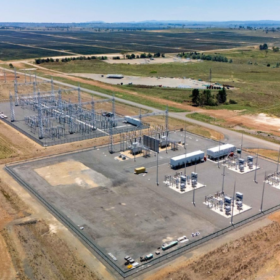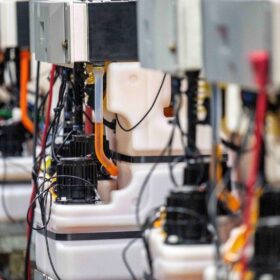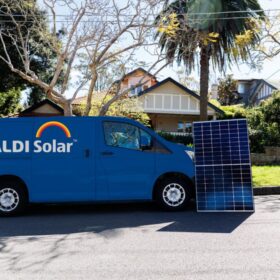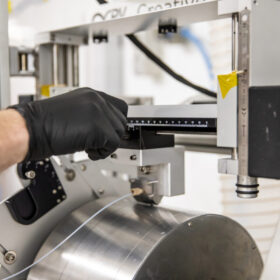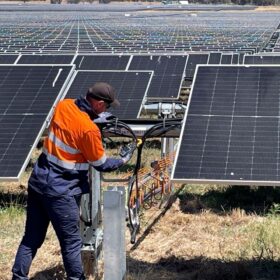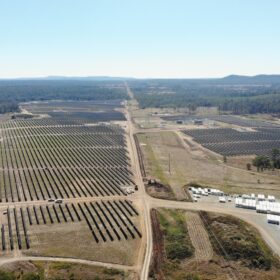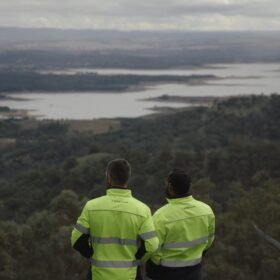Weekend read: Thin prospects
The production of PV ingots and wafers remains the most highly concentrated of all the production stages in the silicon solar supply chain. Yet efforts to re-establish production in Europe and the United States are not for the faint-hearted.
State-of-charge: a peek into economics and performances within NEM’s battery fleet
2023 was the year of the big battery in the National Electricity Market. The year started with 10 batteries registered in the market and ended with a doubling to 20, with no signs of a slowdown.
NSW commits to improve approvals process for renewables projects
New South Wales has committed to reform the planning approvals process for renewable energy developments amid criticism that the current process isn’t fit for purpose and is slowing the state’s transition from coal-dominated generation to a renewables-dominated grid.
NT scheme sets pace for residential solar battery storage adoption
The Northern Territory has emerged as the national leader in solar battery adoption with more than 30% of homes and businesses with rooftop solar systems having now installed a battery.
‘Compromised’ battery blamed for fatal house fire
Investigators from Fire and Rescue New South Wales have determined a compromised lithium-ion battery was the cause of a housefire north of Sydney last week where two people died.
REC launches 430 W heterojunction solar module with 22.2% efficiency
REC has developed a new series of residential heterojunction solar panels with efficiencies ranging from 20.6% to 22.2% and an operating temperature coefficient of -0.24% per degree Celsius.
Clean energy manufacturing sector urged to get a move on
Tindo Solar, the country’s only manufacturer of PV panels, has warned Australia must move quickly if it is to capitalise on the manufacturing opportunities presented by the global clean energy transition or risk being left behind.
5B eyes Australian expansion as work on Indian production plant begins
Modular solar pioneer 5B has commenced construction of a potential giga-scale production facility in India that is to improve its access to international markets, but the Sydney-headquartered company remains committed to its manufacturing operations in Australia.
ACEN teams with Marubeni on 400 MWh New England battery
ACEN Australia and Marubeni Asian Power Singapore have struck a deal to jointly develop a 200 MW / 400 MWh battery energy storage system alongside ACEN’s multi-stage 720 MW New England solar project being constructed in regional New South Wales.
Redflow secures government grant to drive flow battery development
Queensland-based battery company Redflow has secured up to $1.12 million in government funding to support the development of a large-scale zinc-bromine flow battery prototype and to examine the potential to establish a large-scale battery manufacturing facility in the state.
